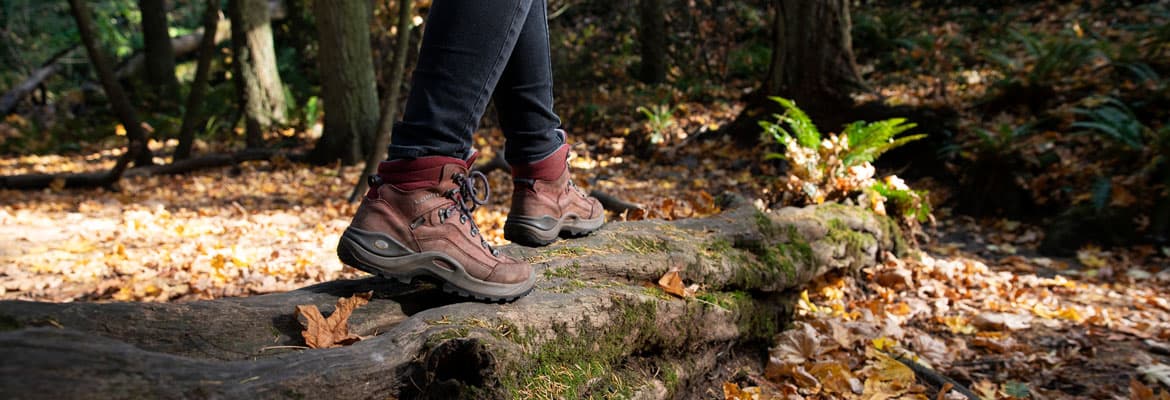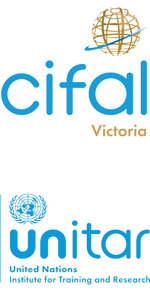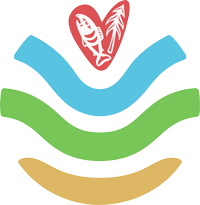Program description
The Restoration of Natural Systems (RNS) diploma is a dynamic, interdisciplinary, credit program that provides comprehensive knowledge and skills to those interested in the rapidly emerging field of ecological restoration. Learn about the most current restoration practices from experienced and knowledgeable instructors, surrounded by peers who share your passion for the natural world.
If you have completed at least two years of an undergraduate degree, or its equivalent, and are looking for a recognized credential that will demonstrate your ability to undertake successful ecological restoration projects, this program is a good fit. If you already have an undergraduate degree in a related discipline, you might consider the shorter RNS certificate program.
This RNS program is supported by a unique partnership between the School of Environmental Studies and the Division of Continuing Studies, resulting in expertly designed courses that are current, comprehensive and delivered with attention to the needs of adult learners. Achieve your goals at your own pace with online and on campus course options and flexible program completion timelines. The program can be taken part-time or full-time.
The RNS program has received both the Award of Excellence from the Canadian Association for University Continuing Education (2001) and the Ecostar Award for Environmental Education from the Capital Regional District (2005).
This program is certified by CIFAL Victoria. CIFAL provides certification for training courses that build the capabilities of individuals and communities towards the achievement of the UN Sustainable Development Goals. Participants who successfully complete this course are eligible to receive a Certificate of Completion co-signed by UNITAR (United Nations Institute for Training and Research) and CIFAL Victoria. CIFAL certificates are issued as digital credentials through Accredible. Please visit our digital credentials page for more information.
Program information session
Join us for a free 30-minute Zoom information session where we will introduce you to the RNS program as a whole and outline the differences between the two streams. Learn about the program strengths, where our students typically find work and explore if this program is right for you.
View information session detailsProgram features
- A holistic approach to ecological restoration
- Flexible program completion timelines
- Combination of on-campus intensive and online course formats
- Courses instructed by restoration professionals
- Different perspectives come together as part of a shared vision
- A recognized university credential for professionals
Program outcomes
By the end of the program, students will be able to:
- Design and evaluate restoration projects in a broad range of subject areas
- Use scientifically rigorous approaches to restoration projects
- Interpret technical reports and scientific publications
- Identify and understand the decisions and policies governing restoration work
- Apply research methodologies to restoration projects
- Use current mapping and sampling technologies
- Solve problems encountered in implementing restoration projects including dispute resolution, conducting consultative processes, and building consensus
- Understand issues of national and international restoration
- Take human impacts into consideration when analyzing and designing restoration projects
- Incorporate traditional ecological knowledge in restoration planning where appropriate
- Communicate knowledge about restoration projects to the wider public
Accredited program

Graduates of the RNS Program are approved for Applied Biologist Technician ABT registration.
Program partners
Faculty of Social Sciences, School of Environmental Studies
View our Advisory Committee
United Nations Decade on Ecosystem Restoration
Regional UN logo, designed by W̱SÁNEĆ/Coast Salish emerging artist Sarah Jim
Learn more













